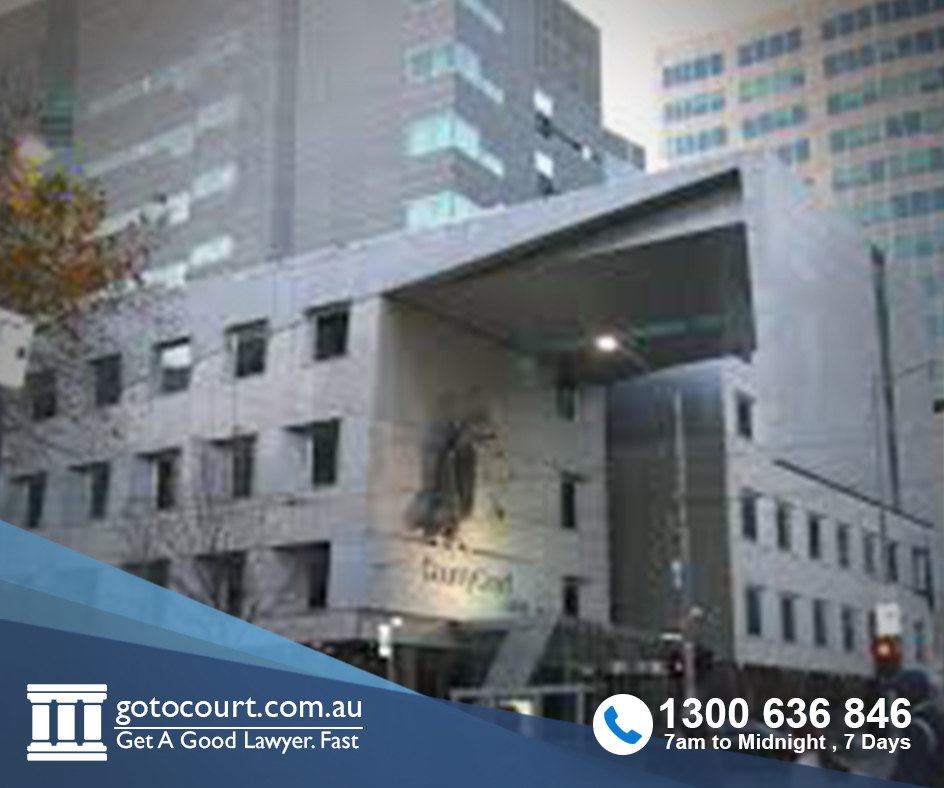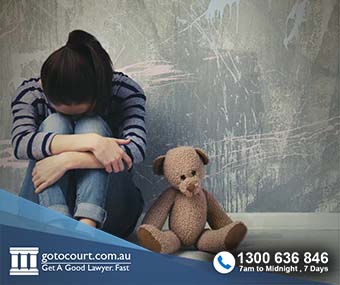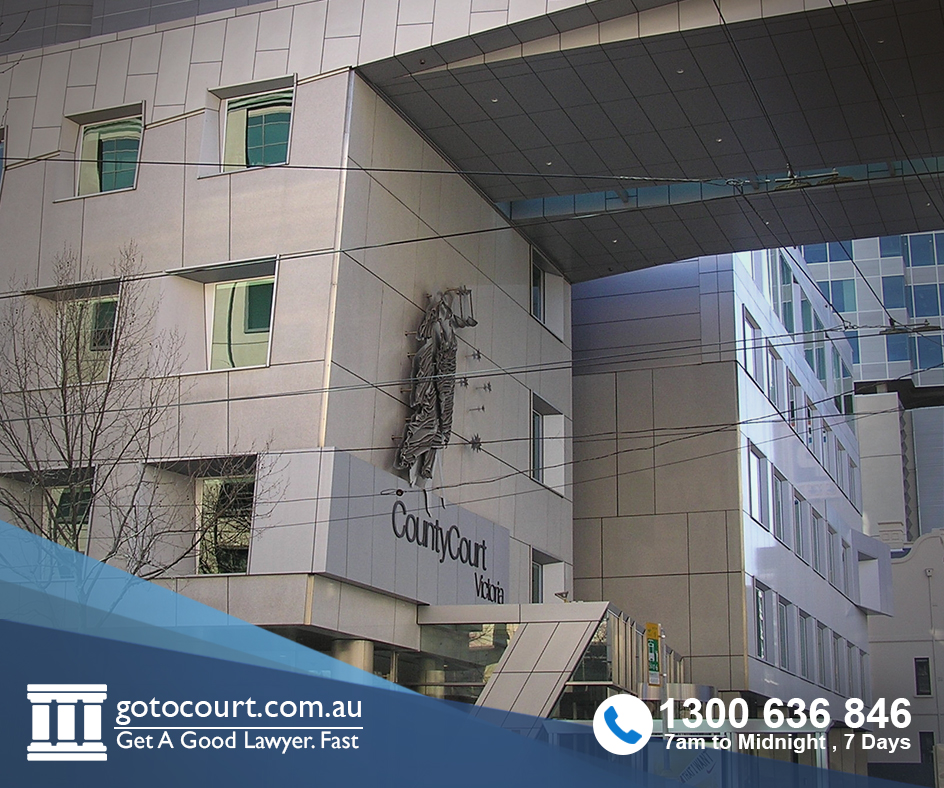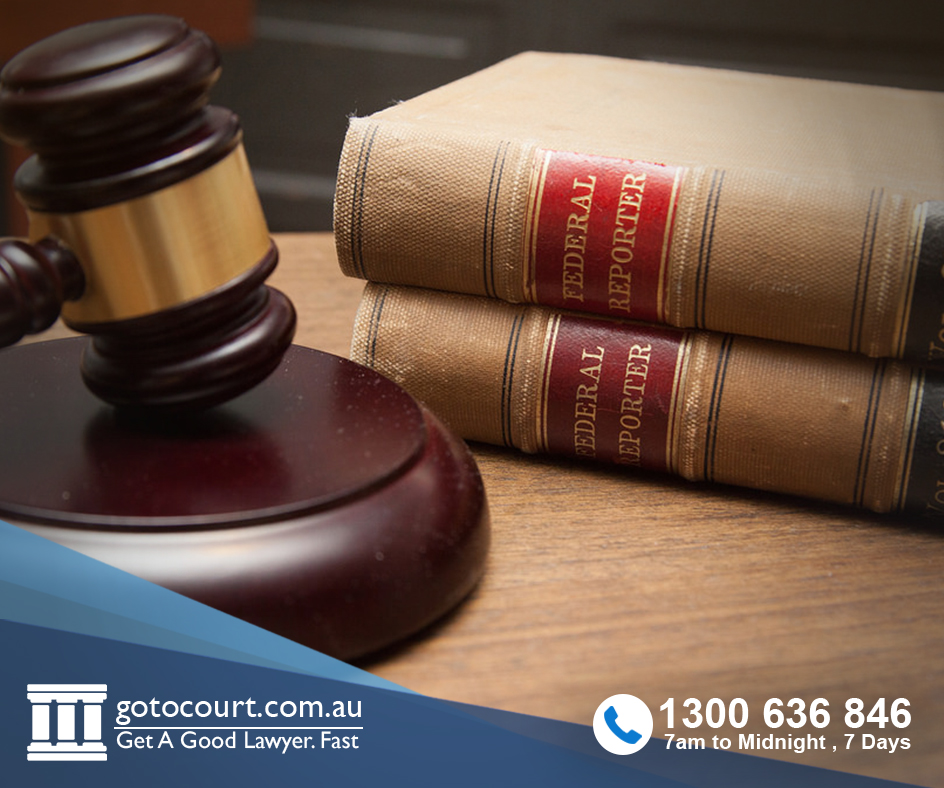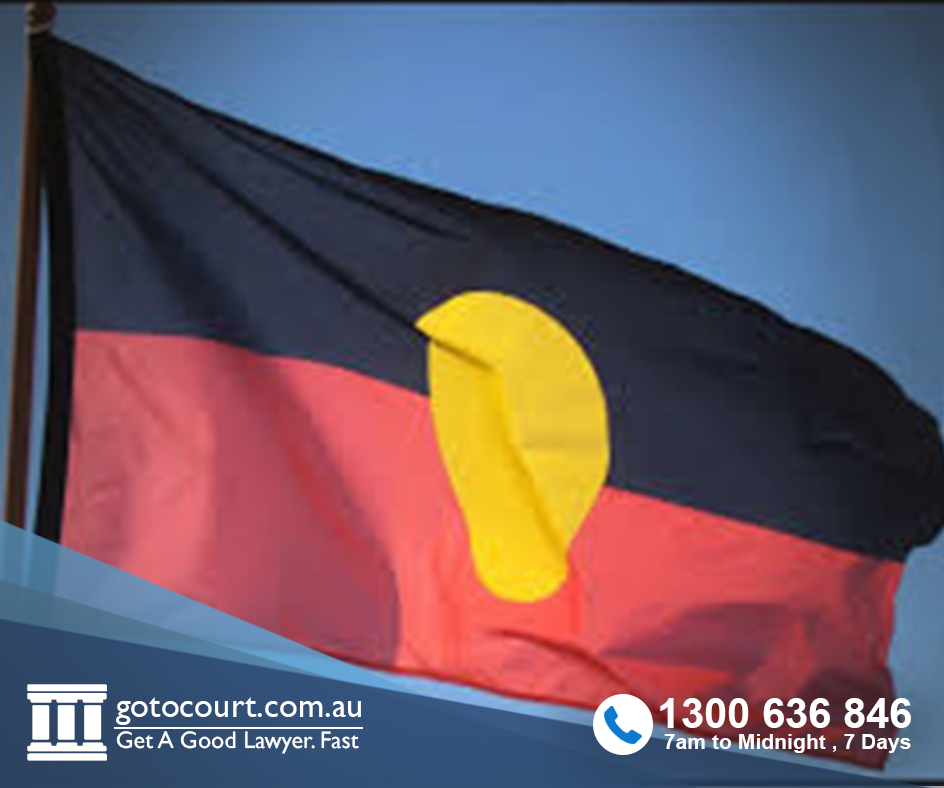Koori Court (Vic)
The Koori court is a separate division of the Magistrates Court, County Court and Children’s Court, which exists to deliver more inclusive and culturally appropriate sentencing to Aboriginal defendants. Koori Court hearings include Koori Elders, Respected Persons, the Koori Court Officer and the defendants’ Koori families. The court seeks to impose sentencing orders that are culturally appropriate and to assist the defendants to address the causes of their offending. The Koori Court has existed as a division of Magistrates Court since 1989. A Koori division of the Children’s Court was introduced in 2005 and of the Country Court in 2008.
Who can use the Koori Court?
The Koori Court is for Aboriginal and Torres Strait Islanders who plead guilty. For a matter to be dealt with by the Koori Court, the offender must:
- Have shown a willingness to take responsibility for their actions;
- Live within, or have been charged within, the boundary area of a Koori Court; and
- Consent to their matter being heard by the Koori Court.
The Koori Court does not hear matters involving family violence or sexual offences.
How is the Koori Court different?
Magistrates and judges presiding over the Koori Court are advised by Aboriginal Elders and Respected Persons as to cultural issues relating to the defendant. The inclusion of these voices sends the defendant a clear message that the Koori community as well as the non-Koori community disapproves of their behaviour. The Elders and Respected Persons can also explain relevant kinship relationships to the court and provide insight on how particular types of offending have affected the Aboriginal community.
The ultimate decision about sentencing orders rests with the Magistrate or Judge as it does in conventional court hearings.
The Koori Court is less formal than conventional court. The proceedings are conducted in plain English and defendants are allowed to speak for themselves. The Koori Court aims to make it easier for Koori defendants to engage with the criminal justice system in a meaningful way and to reduce their offending behaviour.
What sentencing options are available?
The court retains all the sentencing options available during conventional court hearings, including sending the offender to prison. The goal of the Koori court is to structure sentences that are more culturally appropriate to Aboriginal offenders and in so doing reduce the likelihood of re-offending and increase the positive engagement of the Koori community in the justice system.
The Children’s Koori Court
The Koori division of the Children’s Court has been successful in reaching Koori youth who have limited family support and are disconnected from their community. The presence of Aboriginal Elders in the court has been reported to make young people and their families feel able to talk about issues that they ordinarily would not.
The goal of the Children’s Koori Court is to reduce the over-representation of Koori youth in the juvenile justice system in Victoria and increase Aboriginal ownership of the administration of justice.
A 2010 study found that Children’s Koori Court hearings:
- Involved more engagement between the young person and the magistrate than conventional court hearings;
- Were highly supportive of the young person and validated the young person (but not the offending);
- Explained the sentence was clearly to the young person;
- Were less formal than hearings in the mainstream Children’s Court.
However it was not possible to evaluate the extent to which the Children’s Koori Court reduces recidivism given its relatively recent commencement and the small proportion of young offenders it processes.
If you require legal advice or representation in a criminal matter or in any other legal matter, please contact Go To Court Lawyers.

